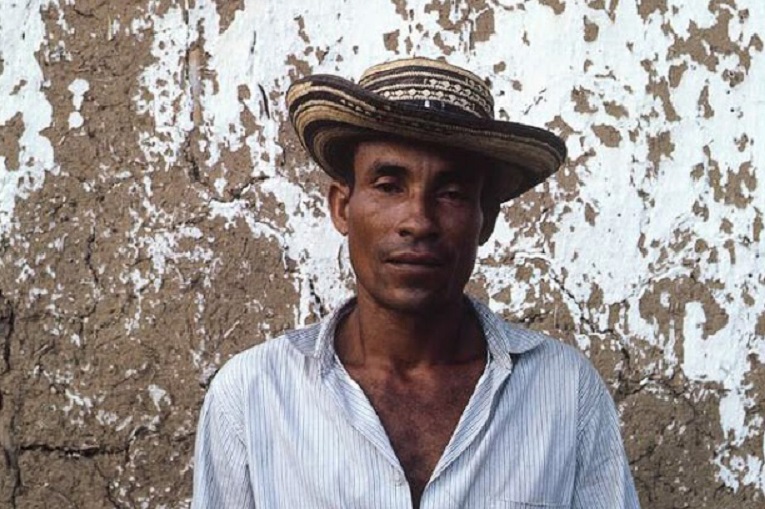Archival collections like those at the Archives of Traditional Music are the result of research and documentation activities with individuals and groups from all over the world, going back to the beginning of audio recording history. Depending on the practice of the collector, the individuals or groups that are the subject of the documentation may or may not have received copies of the recordings made about them. Even if they do, over time, copies get lost or destroyed and individuals may not even realize that a collection exists documenting their family or group's cultural life. "Repatriation" is a term used by archives to refer to the practice of making copies of archival materials available to archives or similar institutions in the places from which the recordings originally came. The purpose of repatriation is to "give back" to the subject community in a way that will help individuals today better understand their past or to support ongoing efforts at cultural development and revival.
The ATM has repatriated numerous collections over the last few decades and makes repatriation a priority when collections are digitally preserved. The Archives provides reasonably-priced copies of field recordings and documentation to Native American tribes and to other communities who wish to preserve or restore aspects of their cultural identity. Copies are provided to schools, colleges, libraries, cultural centers, or organizations who can make materials available to the community as a whole. Interested groups complete an order form and, if necessary, seek permission from the individuals or institutions who hold the rights to the recordings. For more information, contact the ATM office.
Location:

